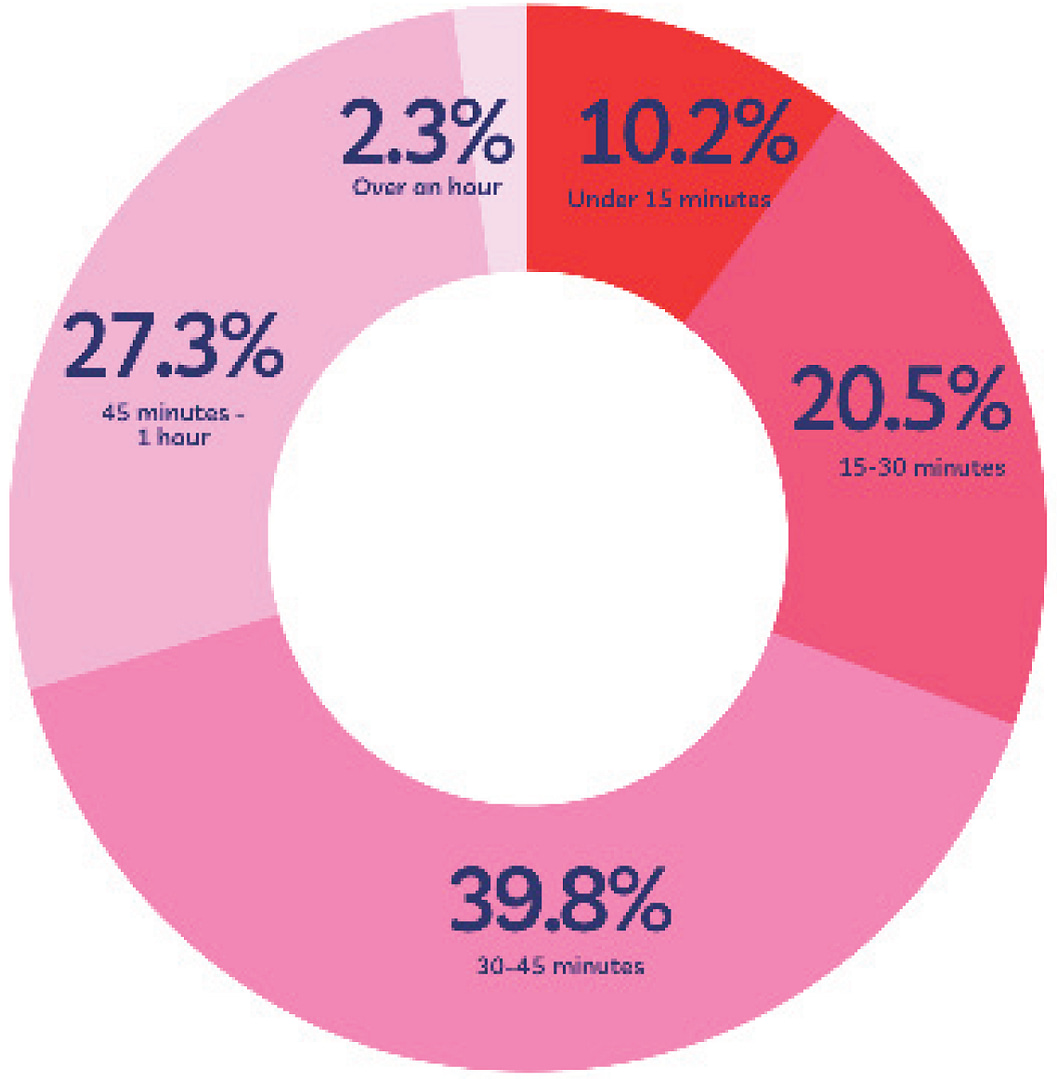America has endured many economic crises such as the Great Depression and the 2008 Financial Crisis; however, our country has never faced an economic catastrophe as complex and devastating as the one created by the COVID-19 pandemic. In an attempt to keep the economy afloat, the Federal Reserve has been lowering their federal interest rates, hoping that economic activity will result. However, the decisions of the Federal Reserve may create unintentional consequences. Continuing to lower interest rates will undoubtedly harm our economy by decreasing economic activity in one of two ways: by excessively burdening the federal bank or by disincentivizing the spending and investing of capital.
Continuing to lower interest rates will result in an extreme decrease in economic activity by lowering the number of jobs in the future. An ideal economy is one that is governed and balanced by the adjusting of interest rates and the adjusting of tax rates through legislation. However, within the last decade, extreme polarization has made passing legislation and creating tax breaks much more difficult as the Democrats and Republicans continue to argue about the number of tax breaks and about which social classes will reap the benefits.
Sophomore JD Ramirez said, “It’s ridiculous and detrimental for the country that instead of working to reach a consensus that can help the citizens, parties are more focused on advancing their own political agendas without regard to the other’s. We would be able to recover much more quickly if Congress could work together to create a bill that helps citizens to put money back into the economy.”
Because the government has not taken advantage of fiscal policies, the economy is forced to rely on the Federal Reserve, an institution in charge of utilizing its tool of being able to adjust interest rates based on the economy’s growth or decline, a single solution that may fail. For example, if economic activity declines, the Federal Bank can lower interest rates to encourage more consumers to take out loans from banks and contribute to the economy by purchasing. If the economy is growing too quickly, the Federal Bank can do the opposite. When the economy is steadily growing, the Federal Reserve slowly increases interest rates so that it has the ability to lower them when faced with an economic crisis.
However, the COVID-19 pandemic has proven that even the interest rates cannot save the economy. Currently, the Federal interest rate is wavering between 0 and 0.25%. In other words, if our economic situation worsens, the Federal Reserve will not have any more room to lower the rates. Our current interest rate is slowly hurting our economy as banks such as Wells Fargo and JP Morgan Chase, private financial institutions, are losing their profit margins by lowering their interest rates to such an extent. As a result, banks will lend less and discourage economic activity which will lead to fewer job prospects for Loyola seniors, a similar situation with the Great Financial Crisis.
Senior Pranav George explained, “If the job market is down while I am in college, it will be significantly more difficult for me to find a job relevant to my major. If the major of one of the Loyola seniors is directly affected by the change in interest rates, then it will be harder for people to express their own passions and interests and instead go into another career field that may be less meaningful to the individual. If there are no jobs, there is going to be a chance that companies will not accept internships.”
Some seniors also feel disheartened and stressed by the potential lack of job opportunities in the future.
Senior Andrew Sozio added, “The job market being down is extremely demoralizing because it lowers the importance of college which is a big investment. I would also be more stressed because I would have to put in more work to stand out amongst individuals who are competing for fewer jobs”
However, the idea of having fewer jobs available worries even the underclassmen.
Sophomore JD Ramirez said, “If there were fewer jobs, it would be much harder to find jobs because of the increase in competition. I would feel as if what I study or specialize in college might not be as valuable because those jobs that I desire may be much harder to find.”
If the Federal Reserve continues to lower interest rates, the economy will create negative interest rates that discourage consumers from spending. This situation is similar to that of Switzerland, Denmark, Sweden, and Japan. All four countries have negative interest rates which resulted from lowering the interest rates below zero and burdening banks.
The result of negative interest rates is catastrophic as it forces consumers to lose money every year in the bank. Consumers will be guaranteed money security in the banks at the expense of losing their well-earned capital. Resulting from the process will be consumers that are disincentives to spend money which will consequently deflate the value of it. Consumers will more than likely hold onto their money until the market becomes cheaper as banks are going to lend money less when the interest rates are that low. This disproportionately affects the poor as most of their capital is in the form of liquid money rather than assets like bonds and stocks which further worsens the pre-existing problem of income inequality.
Stagflation, the process of inflation increasing and demand decreasing, may also occur when the interest rates fall below zero. An example of stagflation can be seen in the late ’70s when oil prices increased. Those in the oil industry increased profit margins as the increasing prices were met with consistent demand; however, all other sectors suffered as plastic products and gasoline became more expensive. The same situation can occur. Currently, housing prices are increasing because of low interest rates. Although this may seem beneficial, the increase in prices actually disincentives economic activity as the same principle of stagflation takes place. If the housing price goes up, the profits are beneficial for the housing sector but terrible for other sectors of the economy as consumers have increased difficulty buying homes.
Both situations presented will result in less economic activity further harming our economy and Loyola students. Harmony and cooperation between the Republicans and Democrats may be able to solve our economic situation. It is imperative to understand the fragility of our economy and the grim future that may soon become a reality.







Comments are closed.